Una cosilla más: Necesitamos que hagas clic en el enlace que te hemos enviado para verificar tu dirección de correo electrónico. Volver a enviarlo
Buscar en todo Tumblr
- Radar

- Economía alemana cae en julio por débil demanda extranjeraEconomía alemana cae en julio por débil demanda extranjera
Alemania,
View On WordPress
la gran potencia europea, sufrió una pequeña caída económica el pasado
julio. La demanda industrial cayó más de lo esperado y los contratos de
bienes alemanes bajaron un 1,4 por ciento. Esto es lo que publicó de
manera provisional la Oficina Federal de Estadística alemana (Destatis).
Pero esta semana rectifica los datos y habla incluso de éxito en el
último momento con 103.400 millones… 
latimeslatimes.tumblr.com
We’re doing a Snapchat tour of the Great Wall of Los Angeles mural today. Follow along with us by adding losangelestimes.
Queen
Elizabeth II is now Britain’s longest-reigning monarch. The 89-year-old
came to the throne in 1952 – when she was just 25 years old.
Much
has changed since then. When she married Prince Philip in 1947, Britain
was still in the grips of post-World War II austerity — the couple’s
wedding cake had to be made from ingredients sent as wedding presents
from abroad. When she was crowned in Westminster Abbey, television was a
novelty and British colonies were still dotted around the world. By the
1990s, the empire had all but vanished.
Now she’s only monarch most living Britons have ever known.
“The
British by and large really rather love her and certainly respect her
enormously. She has given this country an extraordinarily subtle and
quiet stability.”
Listen to her deliver her first speech, watch footage from her coronation and read about key milestones in her life: http://lat.ms/1LjsdGB
Elizabeth II is now Britain’s longest-reigning monarch. The 89-year-old
came to the throne in 1952 – when she was just 25 years old.
Much
has changed since then. When she married Prince Philip in 1947, Britain
was still in the grips of post-World War II austerity — the couple’s
wedding cake had to be made from ingredients sent as wedding presents
from abroad. When she was crowned in Westminster Abbey, television was a
novelty and British colonies were still dotted around the world. By the
1990s, the empire had all but vanished.
Now she’s only monarch most living Britons have ever known.
“The
British by and large really rather love her and certainly respect her
enormously. She has given this country an extraordinarily subtle and
quiet stability.”
Listen to her deliver her first speech, watch footage from her coronation and read about key milestones in her life: http://lat.ms/1LjsdGB
Something different outta Compton: a black teen singing Mexican music.
Rhyan
Lowery, 19, is also known as El Compa Negro. He grew up picking up
Spanish slang from his Mexican American friends. Now every weekend,
Lowery and his band, Los Mas Poderosos, visit places that cater to
Mexican immigrants and second-generation Mexican Americans, performing
cumbias and corridos that many of the club-goers grew up hearing.
“We’re
selling a concept,” says Antonio Lopez, manager and backup singer for
the Compton teenager. “We’re selling the beauty of someone from another
race that is doing things and doing them very well in a market that’s
not his.”
Rhyan
Lowery, 19, is also known as El Compa Negro. He grew up picking up
Spanish slang from his Mexican American friends. Now every weekend,
Lowery and his band, Los Mas Poderosos, visit places that cater to
Mexican immigrants and second-generation Mexican Americans, performing
cumbias and corridos that many of the club-goers grew up hearing.
“We’re
selling a concept,” says Antonio Lopez, manager and backup singer for
the Compton teenager. “We’re selling the beauty of someone from another
race that is doing things and doing them very well in a market that’s
not his.”
As he was cocking it to shoot it, Alek just yells, ‘Spencer, go!’And Spencer runs down the aisle… [and] tackles the guy.
— | Anthony Sadler, a senior at Cal State Sacramento, who helped his two friends – both U.S. service members – stop a gunman on a high-speed train to France. The Americans are being praised as heroes, as well as the Briton and Frenchman who helped them. |
Reminder:
We want to see your best travel photos from this summer! If you went
somewhere amazing, tweet or Instagram it with #latimestravel2015 and you
might see it in our summer vacation image issue. Deadline is Sept. 9.
For more info and to submit your photos, look here.
We want to see your best travel photos from this summer! If you went
somewhere amazing, tweet or Instagram it with #latimestravel2015 and you
might see it in our summer vacation image issue. Deadline is Sept. 9.
For more info and to submit your photos, look here.
Did
you travel somewhere stunning this summer? We want to see it. Every
year, we round up our favorite reader photos and publish them in our
summer vacation image issue. Shots snapped from your smartphone count!
We’re looking for talented amateurs, not professional photographers, so
if
you make some of your living as a pro, please do not submit.
Above are some of our favorite photos from the last few years.
Submit
yours on Instagram or Twitter with #latimestravel2015 by Sept. 9. To
see guidelines and more of our faves from over the years, head over here.
you travel somewhere stunning this summer? We want to see it. Every
year, we round up our favorite reader photos and publish them in our
summer vacation image issue. Shots snapped from your smartphone count!
We’re looking for talented amateurs, not professional photographers, so
if
you make some of your living as a pro, please do not submit.
Above are some of our favorite photos from the last few years.
Submit
yours on Instagram or Twitter with #latimestravel2015 by Sept. 9. To
see guidelines and more of our faves from over the years, head over here.
The White House announced Raffi Freedman-Gurspan’s appointment on
Tuesday. Freedman-Gurspan is an outreach and recruitment director for
presidential personnel in the Office of Personnel. Transgender advocates
say she is the first openly transgender official to serve in the White
House.
Freedman-Gurspan previously was a policy advisor for the
National Center for Transgender Equality’s racial and economic justice
initiative.
Tuesday. Freedman-Gurspan is an outreach and recruitment director for
presidential personnel in the Office of Personnel. Transgender advocates
say she is the first openly transgender official to serve in the White
House.
Freedman-Gurspan previously was a policy advisor for the
National Center for Transgender Equality’s racial and economic justice
initiative.
Clockwise
from top: Farmer Robert Godfrey and his wife, Sarah, cool off in the
low waters of Spicer Meadow Reservoir. A blue moon rises over the South
and Lower Forks of the Feather River feeding into Lake Oroville. Marci
Ward hugs Murphy. Rock formations emerge and plants grow where water
once was in Spicer Meadow Reservoir.
The drought’s hard lesson: ‘When water is life’
Story by Diana MarcumPhotos by Robert Gauthier
The lake where Robert and Sarah Godfrey were fishing wasn’t one of the pretty ones.
All around this part of the Sierra near Tamarack, famous for its
snow, when it does snow, there were full lakes surrounded by pines. But
they’d come to Spicer Meadow Reservoir. Here, even before an epic
drought made the shoreline look lunar, the wind howled most afternoons
and the trees were sparse and twisted.
It meant something to Robert, a third-generation farmer, to fish in
the waters that would, as long as there was some reservoir left, reach
his pump in the Stanislaus River 100 miles away and irrigate his corn,
carrots and tomatoes.
The thunderstorm that rolled in that afternoon wasn’t entirely
unexpected — they happen many afternoons in the Sierra in the summer.
But the sunset.
It was 360 degrees. The storm clouds ringing the lake were prisms and
mirrors, splitting light into lavenders and roses and tangerines and
tossing it around full circle. Then, flashes of lightning. And, finally,
a cold sprinkle of rain on exposed granite banks.
“There’s a drought,” Robert said. “But it’s beautiful regardless.”
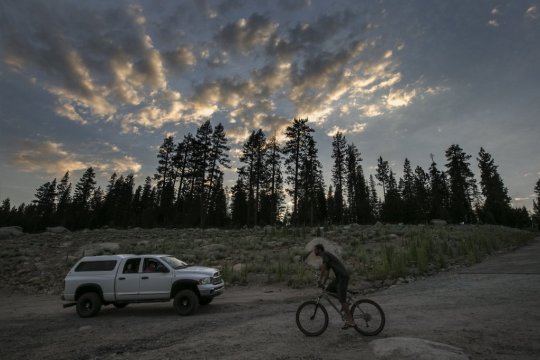
Visitors to Spicer Meadow Reservoir travel along a boat ramp that normally is many feet under water.The High Sierra was one of our last stops on a three-week road trip
across California during drought. Photographer Robert Gauthier and I
were out to see what the land looked like and how the changes affected
people just going about their daily lives.
Our biggest surprise was how often drought came up without us
mentioning it. It was everywhere: in the fire clouds in the sky, in the
chit-chat in line at the grocery store. If kids didn’t finish a glass of
water, they poured the rest in a dog bowl. In a little delta town,
people had pitched in to buy drought-resistant planters for Main Street.
We mostly followed waterways, sticking to back roads and little
towns. We took my dog Murphy. He doggy-paddled dwindling waters, yelping
with delight.
Yes, I have read “Travels With Charley.”
John Steinbeck’s companion on his trip was an elderly Paris-born
poodle of the color bleu. Murphy is a 4-year-old Labrador retriever.
“Why he’s just a dog-dog,” Jim McCullough, an 82-year-old cattle
rancher, said approvingly in Panoche, population 30, halfway between the
Central Valley and the coast.
Steinbeck wrote, “A dog, particularly an exotic like Charlie, is a
bond between strangers.” But even a not-particularly-exotic dog is a
bond. Everywhere we went, people reached out to pet Murphy and to tell
us their stories. That’s how we met Marci Ward, an exuberant woman in a
pretty yellow dress who told us she was dying.
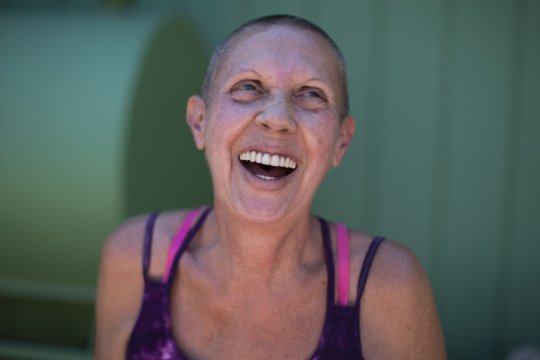
Marci Ward has a condition that is sucking the moisture from her cells.We were up in Lake County, in the old downtown area of Upper Lake,
when Marci asked if it was all right to pet my dog. She fell to her
knees and gave Murphy the most thorough ear-scratching of his life.
She lived in a nearby town called Nice. Which I thought was appropriate.
She asked what brought us to town. Rob explained about our drought road trip.
“Drought,” she said softly. “When water is life.”
Marci, 60, told us she had a condition she felt she wouldn’t survive
called Sjogren’s syndrome. It was sucking the moisture from her cells.
Her skin was thin and stretched. Her eyes had no tears.
She said she’d thrown herself into caring for 10 acres that she and
her roommate Bobby Boyd had planted with trees and flowers and
vegetables that survived on little water.
We exchanged cards and warm goodbyes. I didn’t expect to see her again. But she stayed on my mind: She was drying out.
The next day we were trying to make some miles when we happened to pass the sign for Nice.
“What would you think about stopping to see Marci?” Rob asked.
I gave her a call. She said we had to come over: There were no strangers, she said, just friends she hadn’t met.
There was a sign on the gate announcing that the yard was a certified natural wildlife habitat offering food, shelter and water.
The ground was bare. But a crape myrtle was blooming dusty red. There
were showy, pink Naked Ladies and shade from a redwood, a tall Italian
cypress and a fragrant mimosa tree. A swath of Scottish broom covered a
hill. (“It’s invasive, but it blooms the most gorgeous yellow,” Marci
said.) A bed of feathery asparagus had provided side dishes all spring. A
pair of titmice were hopping about fussily chica-de-deeing, and
everywhere there were hummingbirds and hummingbird feeders. Marci made
the sugar-water from what she caught in a bucket in the shower.
Her breath was shallow. She excused herself to take an oxygen
treatment. We tried to take our leave, but she insisted we come inside.
“This is nothing. I do it every afternoon,” she said.
She regained her breath, came out to her living room, lay her head on
Murphy and regaled us with funny stories of growing up in Bakersfield.
We tried to say goodbye from inside the house where it was cool. But
she followed us outside into the searing heat in her bare feet.
“Have a great trip,” she said. “Remember life is a joyous thing, no matter what’s wrong.”

A lone kayaker circles Lake Oroville along the banks of Foreman Creek.We drove past flat, parched fields, white against blue skies, climbed
through bark-beetle-chewed forests, navigated the bridges and ferries
and sloughs and islands of California’s delta. We discovered pockets
that even two native Californians with lifelong wanderlust didn’t know
existed. I struck up conversations with anyone who so much as glanced my
direction and learned something from even rushed exchanges.
In Butte County, we stopped in a tidy suburban neighborhood when we
saw Ronald Bretherton in overalls and a pith helmet watering his roses.
He said he sometimes used dishwater to keep them alive. His wife,
Margaret, had died a few years ago and he had me sniff her favorite,
Double Delight. It smelled like fruit and sugar.
In a country community near tiny Riverdale in the Central Valley,
Chris Harp let us bounce along with him in his pickup truck while he
raised and lowered gates that diverted canal water to farmers’ fields.
His job was called ditch tender, or sometimes “water god.” I watched his
co-worker and best friend since kindergarten throw him a just-picked
watermelon. Chris said he would have to move if it didn’t rain this
year.
In Sequoia National Park, we hiked to a spot of baby sequoias with
Ben Jacobs. The firefighter had recently retired as the park’s fuel
resource manager and he was worried about the trees he’d spent a career
trying to protect. Snowpack insulates trees, and little snow for four
years was uncharted territory.
He propped up a tiny sprout that had fallen over.
“Pissing in the wind,” he said, but gave a defiant shrug.
In Chico, mechanic Michael Ramirez described all the wondrous
vegetables he usually grows in his garden. He hadn’t planted this year
because he lives near Lake Oroville and had watched the reservoir drop.
He didn’t know if his one garden could help, but he had three children
and he wanted them to see him trying to do the right thing.
During our trip, the drumbeat that El Niño was coming was growing
louder. Fish were where they shouldn’t be. Ocean temperatures were
warmer. Los Angeles was getting strange rainstorms in July.
But for now, at least, California was burning. The day we left Chico
there were smoke clouds from major wildfires in every direction. The
parking lot was full of tired, dirty firefighters. They played with
Murphy and showed me photos of their dogs back home.
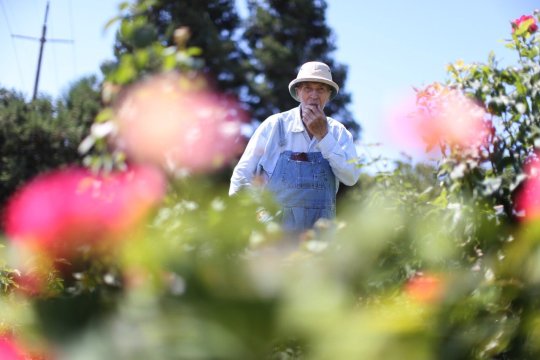
Ronald Bretherton tends to the roses he and his late wife planted on their property in Butte County.When we returned from our travels, I dropped Murphy and my bags in
Fresno and drove to San Francisco. I’d made a commitment be on a drought
panel at a journalism conference.
The city was lush and green. After weeks in small towns, it was
strange to see the drought reduced to reminders to reuse a towel or
having to ask for water in a restaurant, instead of fallow fields, idled
ski resorts and pastures on fire.
Panelist Dennis Dimick, environmental editor with National
Geographic, showed photographs and satellite technology that in one
sweep took in snowless mountaintops around the world. He talked about
charting global aquifers that were dropping. He said some scientists
think it’s already too late.
I thought about a thunderstorm during a Sierra sunset. The scent of
Margaret’s favorite rose. Murphy drawing a crowd when he swims in
circles biting the water. Ben propping up the sequoia sprout. Marci
recycling water for her hummingbirds. Michael not planting his lemon
cucumbers. Exhausted firefighters missing home yet on their way to the
next out of control wildfire.
Along the roads of California, rivers have slowed and the winter
snows never came. Everyone we met was uneasy. But no one was ready to
say it was too late.
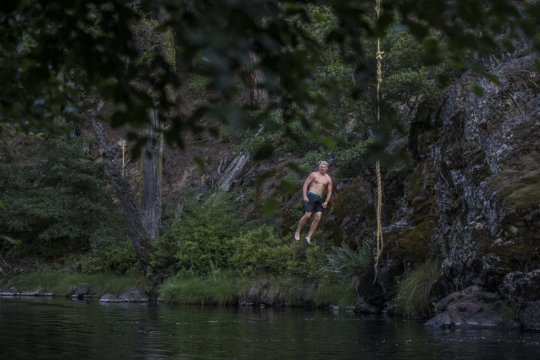
Tanner Watson leaps into Indian Creek near Taylorsville as he vacations with his family.
Watch
the world around you. Draw your brothers and sisters. Go to the zoo.
Sketch the animals a lot. See how they move. See how they’re built, in
terms of muscle and bone structure.
the world around you. Draw your brothers and sisters. Go to the zoo.
Sketch the animals a lot. See how they move. See how they’re built, in
terms of muscle and bone structure.
— | Disney’s advice to Andreas Deja when he first wrote to the company asking for a job when he was 11 years old and living in Germany, unable to speak English. He did all that and more – and now the 58-year-old is a famed Disney animator who wants to teach what he knows to young animators. |
The
Los Angeles Times won a Pulitzer Prize in 1966 for Local General or
Spot News Reporting for its coverage of the Watts riots the previous
year. That’s the paper’s staff above, celebrating its win. Times veteran
Doug Smith looks back at that coverage today:
See more of The Times’ coverage here: How the L.A. Times covered the 1965 Watts riots
Full coverage: The Watts riots remembered
– Matt Ballinger
Photo: May 2, 1966: Members of the Los Angeles Times’ Watts riots
coverage team pose in newsroom after winning the 1966 Pulitzer Prize for
local reporting. Times editor Bill Thomas is center left with hands
clasped. Credit: Los Angeles Times
Los Angeles Times won a Pulitzer Prize in 1966 for Local General or
Spot News Reporting for its coverage of the Watts riots the previous
year. That’s the paper’s staff above, celebrating its win. Times veteran
Doug Smith looks back at that coverage today:
Almost all of them are dead now.Read the rest and see Smith’s annotations of the 1965 coverage: Stunned by the Watts riots, the L.A. Times struggled to make sense of the violence
When I joined The Times in 1970, they were the giants of the
newsroom, still sharing the glow of the Pulitzer Prize for their
coverage of the Watts riots five years earlier.
Forty-five years later, I looked back on how they told Los Angeles’
most tumultuous story of that era, and my first reaction was, “How could
this coverage have won a Pulitzer Prize?”
I’m not suggesting the work was unworthy. I read the stories with
admiration for the reporters’ newswriting skill and for the courage of
many white reporters who headed into the conflict zone.
But as the coverage continued day after day, it became apparent how
unprepared these journalists were to probe the complex social currents
that ignited and fueled the upheaval.
See more of The Times’ coverage here: How the L.A. Times covered the 1965 Watts riots
Full coverage: The Watts riots remembered
– Matt Ballinger
Photo: May 2, 1966: Members of the Los Angeles Times’ Watts riots
coverage team pose in newsroom after winning the 1966 Pulitzer Prize for
local reporting. Times editor Bill Thomas is center left with hands
clasped. Credit: Los Angeles Times
like
how fucking dare taylor tweet mother nick talmbout “if i win you can
come on stage with me” that is such a disgusting thing to say she might
as well just tweeted “come see me get awarded up close for my mediocre
work since the only way you’ll be on this stage is if i carry you along
like a fucking lap dog”
how fucking dare taylor tweet mother nick talmbout “if i win you can
come on stage with me” that is such a disgusting thing to say she might
as well just tweeted “come see me get awarded up close for my mediocre
work since the only way you’ll be on this stage is if i carry you along
like a fucking lap dog”
“Something about you now, I can’t quite figure out,
Everything he does is beautiful ,everything he does is right”
Dan version
Everything he does is beautiful ,everything he does is right”
Dan version

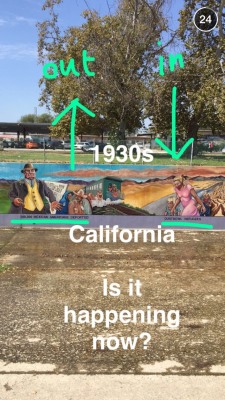
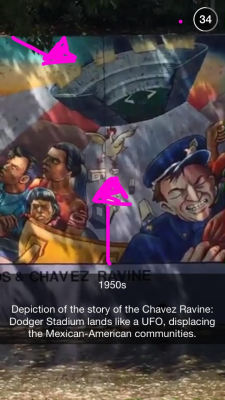
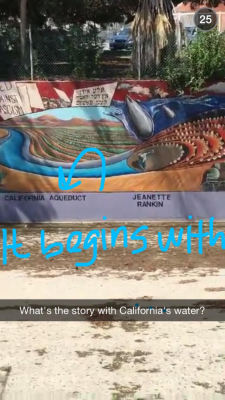
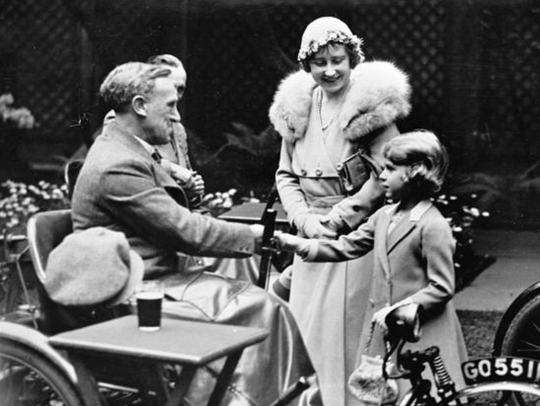

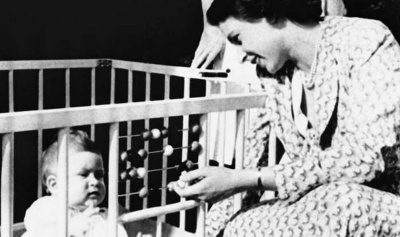



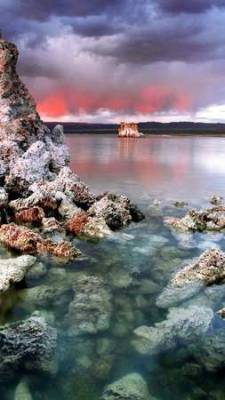


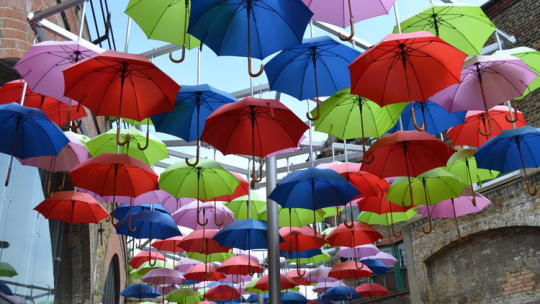
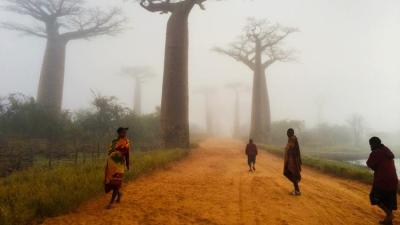

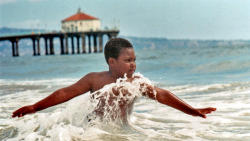
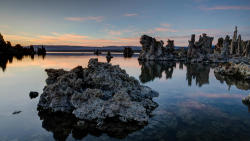
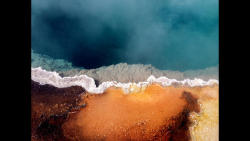
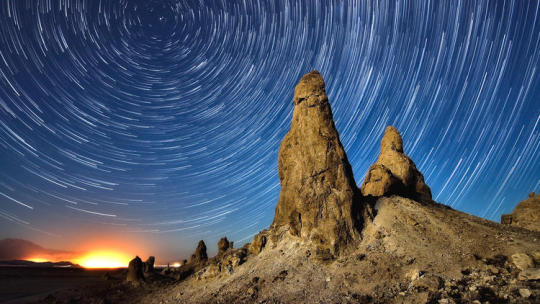
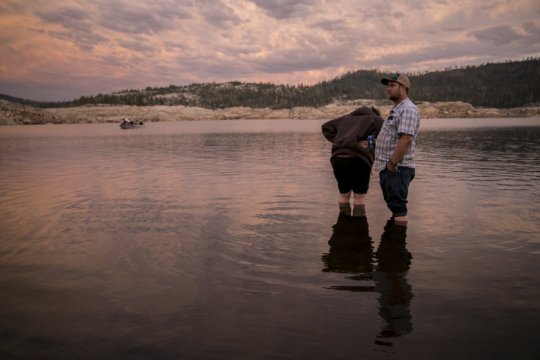
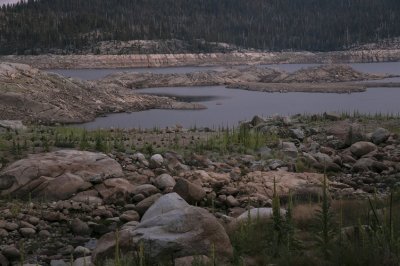
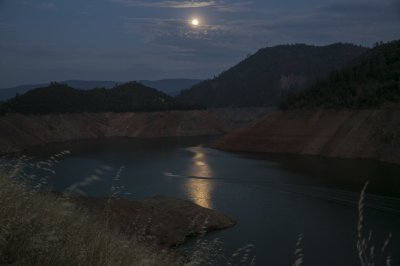
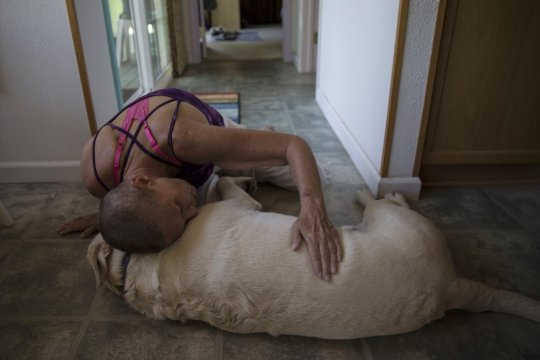
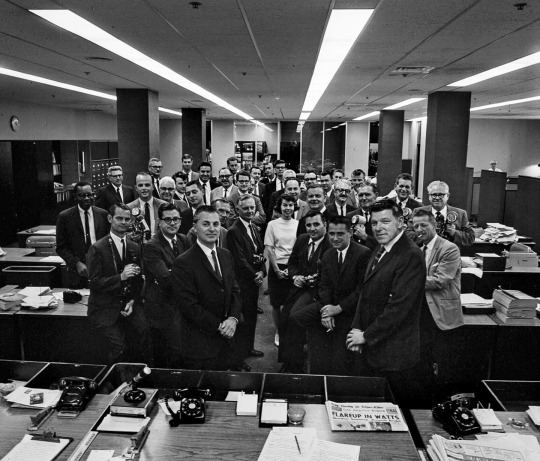












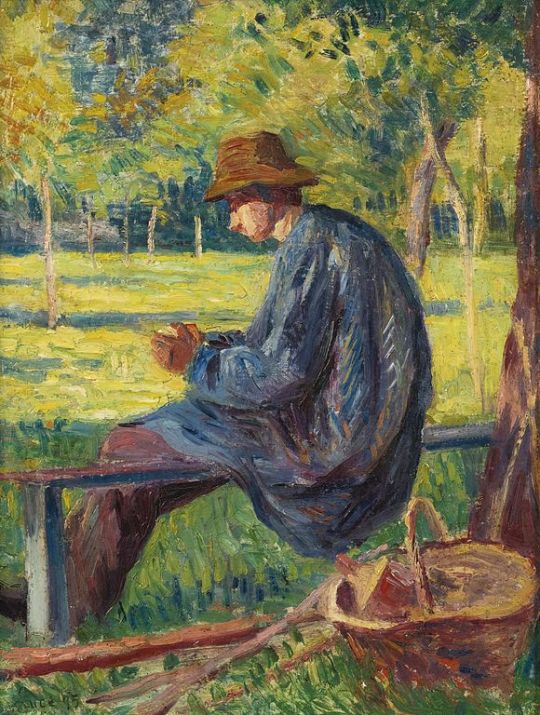
No hay comentarios:
Publicar un comentario